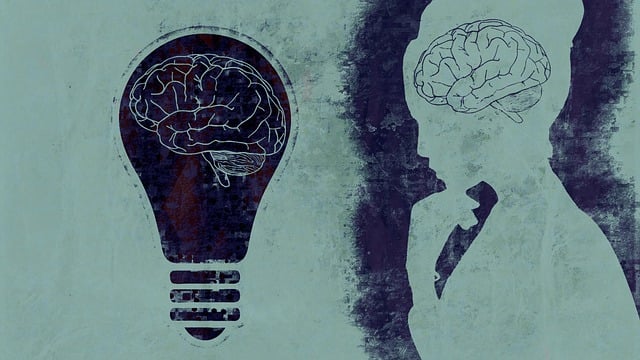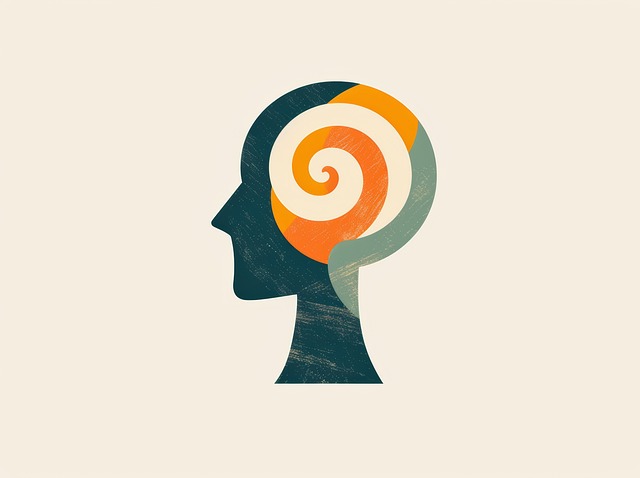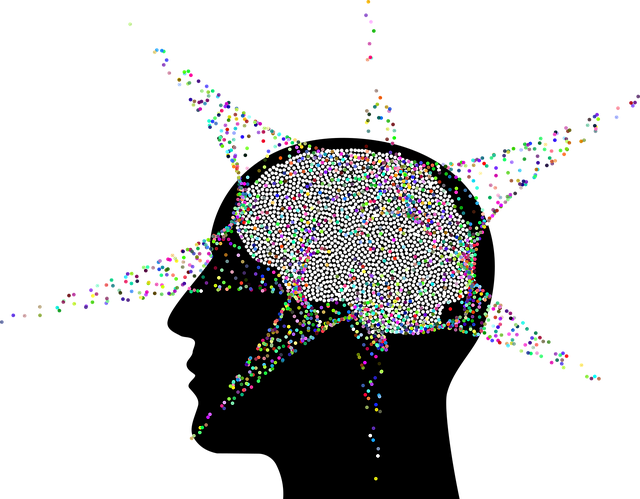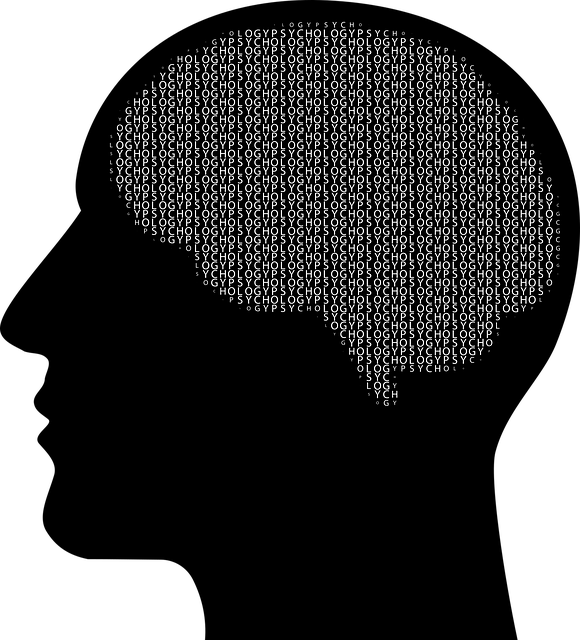Centennial Divorce Therapy offers a holistic, modern approach to mental health management, emphasizing comprehensive diagnosis and tailored treatment plans for conditions like depression, anxiety, PTSD, and bipolar disorder. Our experts combine clinical interviews, psychological tests, and medical record reviews for accurate diagnoses. Beyond diagnosis, we promote emotional well-being through coping strategy education, resilience building, healthy lifestyle habits, and mental health awareness programs. We strive to revolutionize mental health care, reduce stigma, and empower clients with tools for easier life transitions, ultimately enhancing their quality of life.
Navigating mental illness diagnosis and treatment can be overwhelming. This comprehensive guide breaks down complex topics into understandable sections. We explore key aspects such as understanding mental health diagnoses, the crucial role of therapists in tailoring treatment plans, and the unique benefits of Centennial Divorce Therapy. Additionally, we delve into building supportive networks to enhance recovery. By addressing these components, individuals can find effective paths to healing and improved well-being.
- Understanding Mental Health Diagnoses: A Comprehensive Guide
- The Role of a Therapist in Navigating Treatment Options
- Exploring Centennial Divorce Therapy: Unique Approaches and Benefits
- Building a Supportive Network for Effective Recovery
Understanding Mental Health Diagnoses: A Comprehensive Guide

Understanding Mental Health Diagnoses: A Comprehensive Guide
In navigating the complex landscape of mental wellness, understanding diagnoses is a crucial step toward effective treatment and recovery. Mental health professionals at Centennial Divorce Therapy employ evidence-based practices to assess and identify specific conditions, ensuring tailored care for each individual. This process involves thorough evaluations, often combining clinical interviews, psychological tests, and medical records review to pinpoint the root causes of distress. By accurately diagnosing mental health disorders such as depression, anxiety, bipolar disorder, or post-traumatic stress disorder (PTSD), therapists can design personalized treatment plans that address symptoms holistically.
Centennial Divorce Therapy goes beyond diagnosis to promote emotional well-being through a multi-faceted approach. Our Mental Wellness and Emotional Well-being Promotion Techniques focus on teaching individuals coping strategies, building resilience, and fostering healthy lifestyle habits. Additionally, we offer Mental Health Education Programs designed to raise awareness, dispel stigma, and empower people to take charge of their mental health. Through these comprehensive services, we aim to revolutionize the way individuals perceive and manage their mental health journey, ultimately enhancing overall quality of life.
The Role of a Therapist in Navigating Treatment Options

Therapists play a pivotal role in guiding individuals through the intricate process of navigating mental illness diagnosis and subsequent treatment options. Beyond providing a safe space for clients to share their experiences, therapists offer valuable expertise in diagnosing mental health conditions, which is crucial in ensuring the right course of action. They help patients understand their unique circumstances, explore various therapeutic approaches, and make informed decisions about their care.
At Centennial Divorce Therapy, our professionals are attuned to the nuances of mental health, fostering Mental Wellness and Mental Health Awareness while championing Mental Illness Stigma Reduction Efforts. Through personalized therapy sessions, we empower individuals to embrace healing journeys tailored to their specific needs, thereby enhancing their overall well-being.
Exploring Centennial Divorce Therapy: Unique Approaches and Benefits

Centennial Divorce Therapy offers a unique approach to navigating mental health challenges, particularly focusing on divorce and separation-related issues. This form of therapy goes beyond traditional methods by incorporating innovative strategies tailored to the modern individual’s psychological landscape. The practice recognizes that divorce is often a complex process, affecting not just individuals but entire families. As such, it provides a holistic view of mental well-being, addressing not only the immediate emotional turmoil but also long-term resilience.
One of its key benefits lies in the integration of mental illness stigma reduction efforts, aiming to create a safe and non-judgmental space for clients. By fostering open conversations, therapists help individuals challenge societal perceptions, promoting self-acceptance and encouraging early intervention for depression prevention. Moreover, Centennial Divorce Therapy empowers clients through mind over matter principles, teaching them to reshape their mindset and develop coping mechanisms, ultimately enhancing their ability to navigate life’s transitions with greater ease.
Building a Supportive Network for Effective Recovery

Building a supportive network is an integral part of navigating mental illness and fostering effective recovery. This includes surrounding oneself with understanding and compassionate individuals who can provide emotional support, practical help, and encouragement throughout the healing process. At Centennial Divorce Therapy, we emphasize the power of community, where clients are empowered to connect with family, friends, or support groups who share similar experiences. Such connections offer a sense of belonging and can significantly enhance mental wellness by providing safe spaces for vulnerability and open communication.
Mental health awareness plays a pivotal role in breaking down stigma and fostering an environment conducive to recovery. By engaging in open conversations about mental illness, individuals can better understand their own experiences and those of others. This knowledge is essential for effective risk management planning among mental health professionals, ensuring they are equipped to provide tailored support and interventions. Through collaborative efforts, whether it’s through therapy sessions or community outreach programs, a strong network can be established, ultimately contributing to improved outcomes in the journey towards recovery.
Navigating mental illness is a complex journey, but with the right tools and support, individuals can find their path to recovery. This article has explored various aspects of this process, from understanding diagnoses to the benefits of unique therapeutic approaches like Centennial Divorce Therapy. By recognizing the importance of a supportive network and professional guidance, as highlighted by the role of therapists, one can enhance their mental health journey. Empowering oneself with knowledge and seeking assistance are vital steps towards achieving well-being. So, whether exploring therapy types or building a support system, remember that seeking help is a courageous act leading to improved mental health and enhanced life quality.














